Cameroon Internet Blackout Raises Questions Over Election Transparency
Cameroon Internet Blackout: In recent days, Cameroon has witnessed a sharp rise in protests, arrests and a marked disruption to internet services across the country. The backdrop: a contested presidential election on October 12, 2025. The national connectivity monitor NetBlocks said it detected a “significant, ongoing disruption to internet connectivity in Cameroon which may limit coverage of events on the ground.”
According to local reports and opposition statements, protests broke out in several major cities—including Yaoundé, Douala, Maroua and Garoua—following partial media‑announced results suggesting long‑time incumbent Paul Biya, 92, would retain power after more than four decades in office.
What exactly is happening?
Connectivity disruptions
Data from NetBlocks and other digital‑rights trackers show abrupt drops in mobile and fixed‑line internet service beginning Wednesday evening in many regions of Cameroon. Beyond the blackout, certain messaging platforms and VPN access appear to be throttled or unstable, hinting at a possible targeted restriction rather than a pure technical fault.
Government stance
The government has belatedly attributed the outage to a cut in a submarine cable. However, critics say the timing—right after the constitutional council’s dismissal of election petitions—points to a politically motivated shutdown of information flows.
Why this matters
Elections and legitimacy
With the constitutional council rejecting all appeals against the election results and final results expected soon, transparency in both the vote count and the communications environment is under intense scrutiny. When connectivity is disrupted during such a time, opposition figures and civil society warn that it undermines citizens’ right to information, hinders independent coverage and may suppress dissent.
Information access as a political tool
Internet shutdowns have become a recurring tactic in Africa during politically sensitive periods. Last year alone, 21 internet shutdowns across 15 African countries were recorded by digital‑rights groups. In Cameroon’s prior Anglophone crisis, the government imposed a lengthy blackout in 2017 that lasted 94 days and deeply heightened regional mistrust.
Stability and unrest risk
The disruption of communications combined with mass protests creates a volatile situation. Over the past 48 hours, security forces have responded with arrests and tear gas, increasing fears of escalation.
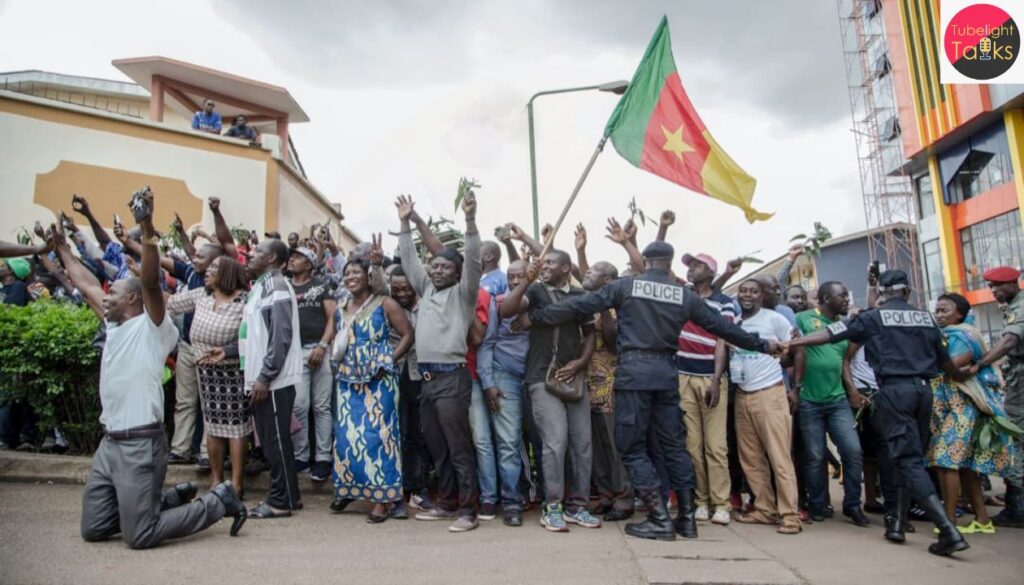
Multiple fronts of tension
Political challenge
Opposition candidate Issa Tchiroma Bakary declared himself winner even before official results were announced, setting off a clash narrative with Biya’s party.
Communication suppression
With news coverage and real‑time reporting potentially throttled by the blackout, accountability and citizen oversight of the electoral process are weakened.
Economic and humanitarian cost
Internet disruptions not only hinder democracy, but also impact businesses, banking, education and emergency communications—causing disruption beyond politics.
True Access & Dignity
In times of crisis, the teachings of Sant Rampal Ji Maharaj remind us that true freedom is not only about physical bundles of rights, but about the dignity afforded by information, community and voice. When a nation curtails access to communication during an election, the question is not just “who wins” but “who is heard.” Progress, therefore, emerges not merely from the ballot but from the shared light of knowledge, the right to speak and the ability to participate.
Also Read: Cloud Crash: How AWS’s US‑EAST‑1 Glitch Rippled Across the Globe
What to watch for next
Restoration of full connectivity
Will the government restore internet access fully or impose continuing limitations? The timeline of restoration will be a key indicator of how the authorities handle dissent.
Reporting on results & civil response
When the final election results are announced, and how the populace and opposition react—with or without free flow of information—will shape the post‑poll dynamics.
International scrutiny & response
Regional bodies like the African Union, digital‑rights organisations and foreign governments may react to the blackout—potentially influencing Cameroon’s diplomatic positioning.
FAQs: Cameroon Internet Blackout Amid Election Protests
Q1. What triggered the internet blackout in Cameroon?
Monitoring organisation NetBlocks says there is a “significant, ongoing disruption” to internet connectivity; the government claims a submarine cable cut.
Q2. Where are protests occurring?
Major cities including Yaoundé, Douala, Maroua and Garoua are reported to be witnessing protests, some of which turned violent or involved tear gas.
Q3. Why is the election controversial?
The October 12, 2025 presidential election is contested, with incumbent Paul Biya expected to win amid allegations of irregularities and petitions having been rejected by the constitutional council.
Q4. What risk does the blackout pose?
An internet blackout restricts free flow of information, weakens media oversight, may increase unrest and reduces transparency in the election‑process.
Q5. What will indicate how this situation evolves?
Key signs include how quickly connectivity is restored, whether results are accepted peacefully, and how international organisations respond to both the election and communications restriction.
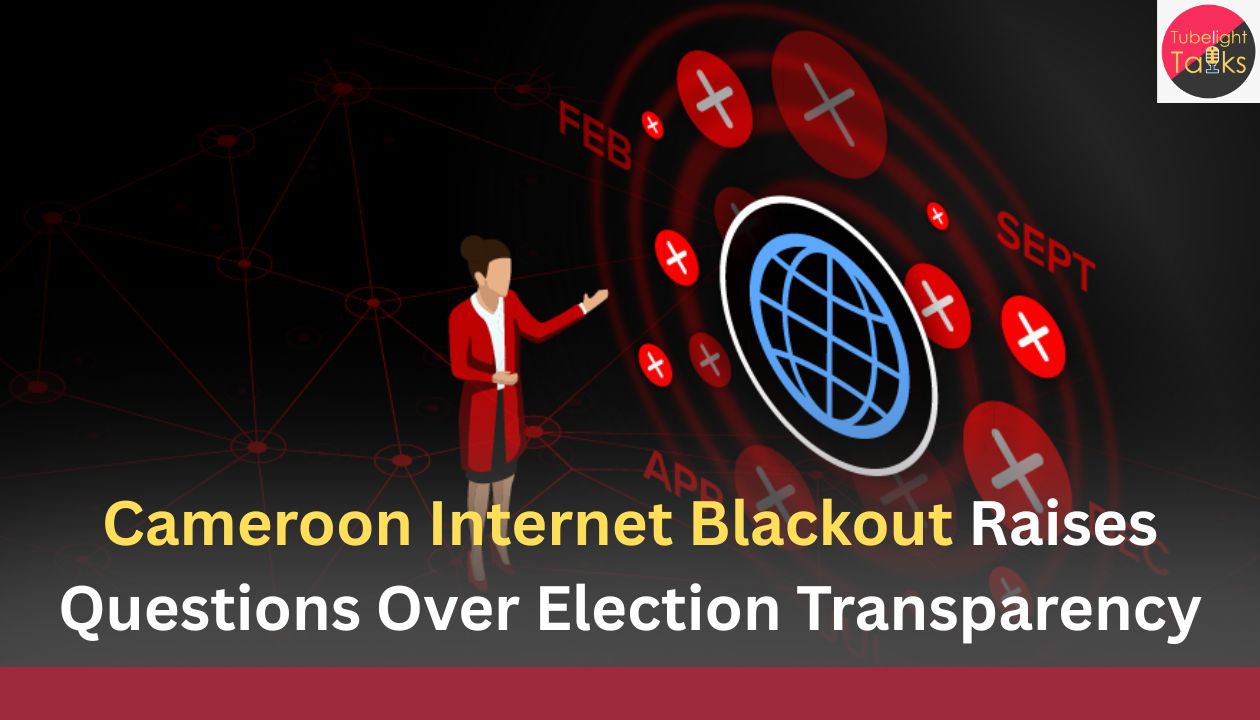




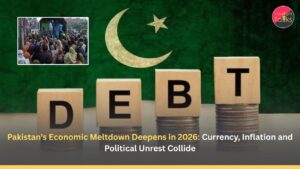
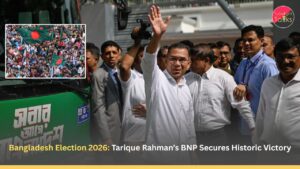
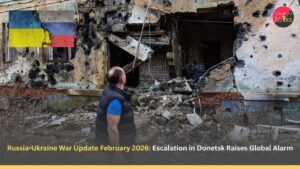


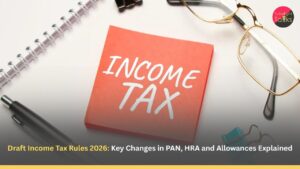
Discussion (0)